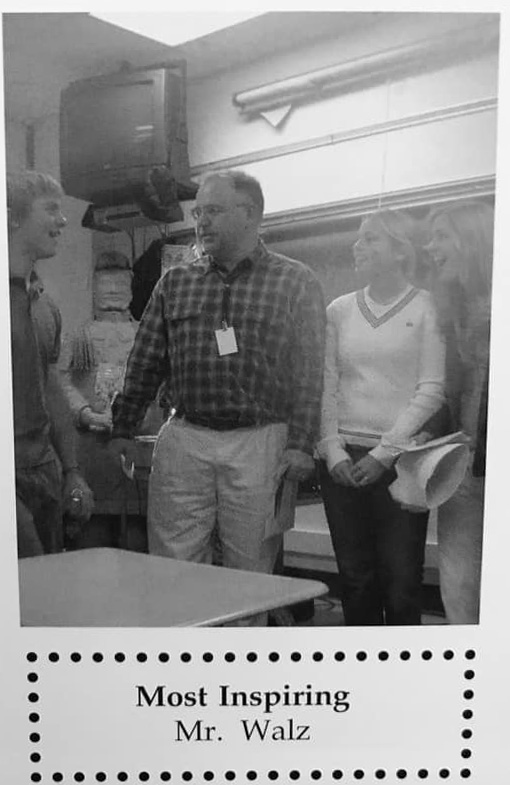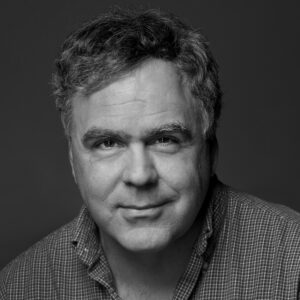Harris Pick Tim Walz Would be First K-12 Teacher Since Lyndon Johnson to be VP
Minnesota's governor opposes ESAs and supports free school meals for all. Once endorsed by the NRA, he embraced gun safety after Parkland shooting.
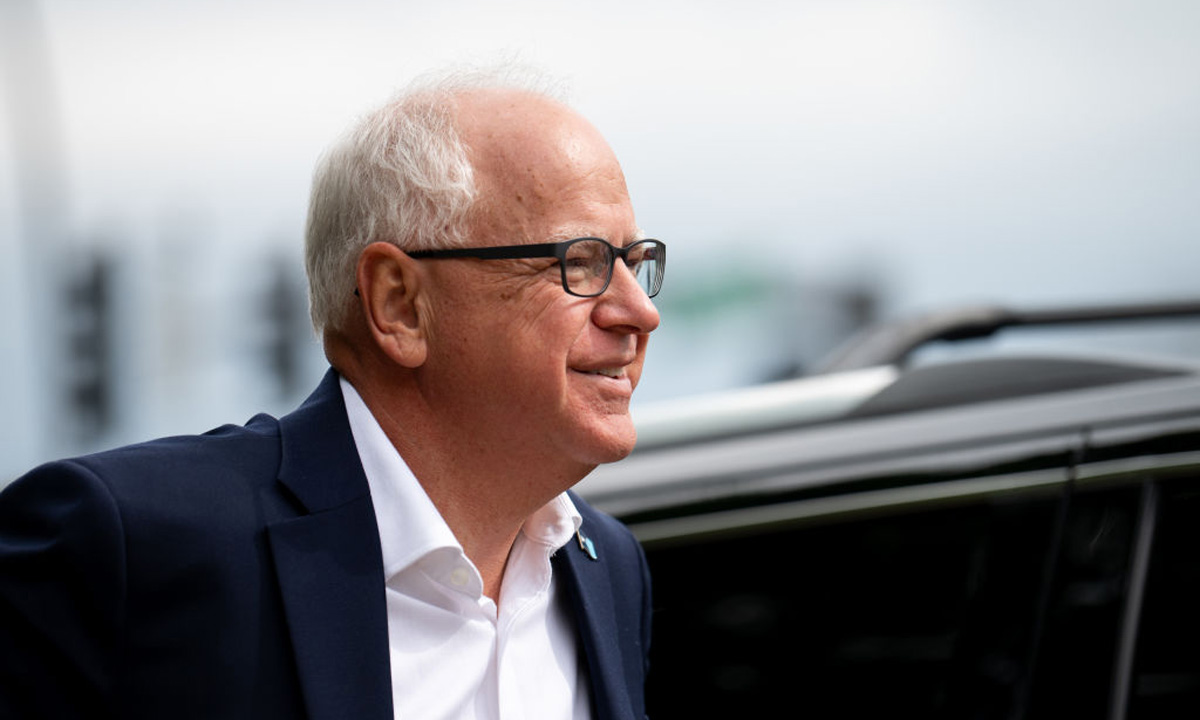
Get stories like these delivered straight to your inbox. Sign up for The 74 Newsletter
This article is part of The 74’s EDlection 2024 coverage, which takes a look at candidates’ education policies and how they might impact the American education system after the 2024 election.
Updated
Kamala Harris’ new running mate is an unabashedly progressive midwestern governor who appeals to veterans, hunters and football fans. If elected, he’d also be the first K-12 educator since Lyndon Johnson to be vice president, boasting the deepest connection to public schools of any candidate in recent memory.
Minnesota Gov. Tim Walz is a former high school teacher and football coach who enacted a free college tuition program and expanded free school lunch statewide. But Walz, 60, a former congressional lawmaker who is in his second term as governor, may also carry left-of-center baggage that weighs down the ticket in a tight presidential race, observers said.
Walz rose to prominence earlier this year by informally leading Democrats’ turn to calling Republicans “weird,” suggesting in interviews that they’re out of touch and relying on culture-war fodder instead of issues Americans care about.
Tim Walz first year as a high school football coach and geography teacher pic.twitter.com/WSPaaRlS0z
— Andy Kaczynski (@KFILE) August 6, 2024
“Who’s sitting in a bar in Racine, Wisconsin, saying, ‘You know what we really need? We need to ban “Animal Farm.”’ Nobody is!” Walz said in an interview with MSNBC.
In a video introducing himself released by the campaign Tuesday, Walz described the “small-town” values he learned growing up in Nebraska and later tried to instill in his students: “respect, compromise, service to country. And so when I went into government, that’s what I carried with me.”
Harris echoed those themes in a speech at Temple University in Philadelphia Tuesday evening, calling him “the kind of teacher and mentor that every child in America dreams of having and that every kid deserves.”
As governor, Walz put forward an education agenda that unions have cheered, signing a nearly $72 billion state budget last year that significantly increased funding for the state’s public schools. He also signed into law a new $1,750-per-child tax credit that he said will help reduce childhood poverty.
Walz enacted free college tuition for Minnesota families earning less than $80,000 per year. Analysts predict it’ll cost the state around $117 million in fiscal year 2025 and $49.5 million annually after that.
With a $17.5 billion budget surplus last year, Walz promised “to put it behind our teachers so we can educate our children.”
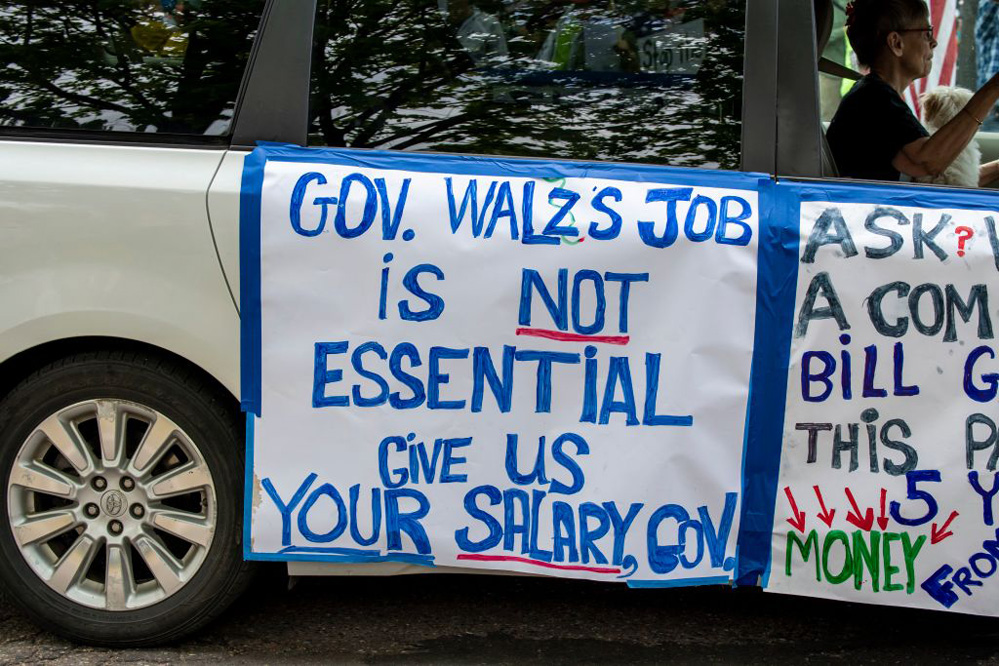
Despite the “historic” spending, school districts throughout Minnesota last spring were facing massive cuts, the one-two punch of the end of COVID recovery aid and enrollment losses.
The state’s second-largest district, St. Paul Public Schools, projects a $150 million deficit for the 2024-25 academic year. Minneapolis Public Schools anticipates a $116 million shortfall. And even the most prosperous Twin Cities suburbs must explain the disconnect to families who moved there for their well-funded schools.
Free lunch for all
Walz enlisted in the Army National Guard after high school and attended Chadron State College. He earned a social science degree in 1989, and spent a year in one of the first government-sanctioned groups of American educators to teach in China.
Walz went on to serve full time in the Army National Guard, retiring in 2005 as a command sergeant major.
He and his wife, Gwen, met while teaching in Nebraska. They worked together at Mankato, Minn., West High School, where he taught social studies and coached football. She taught English and later served as a district administrator.
Former colleagues said the couple were powerhouse teachers who balanced out each other’s energy-levels. He was animated, they told The Washington Post. She was more reserved.
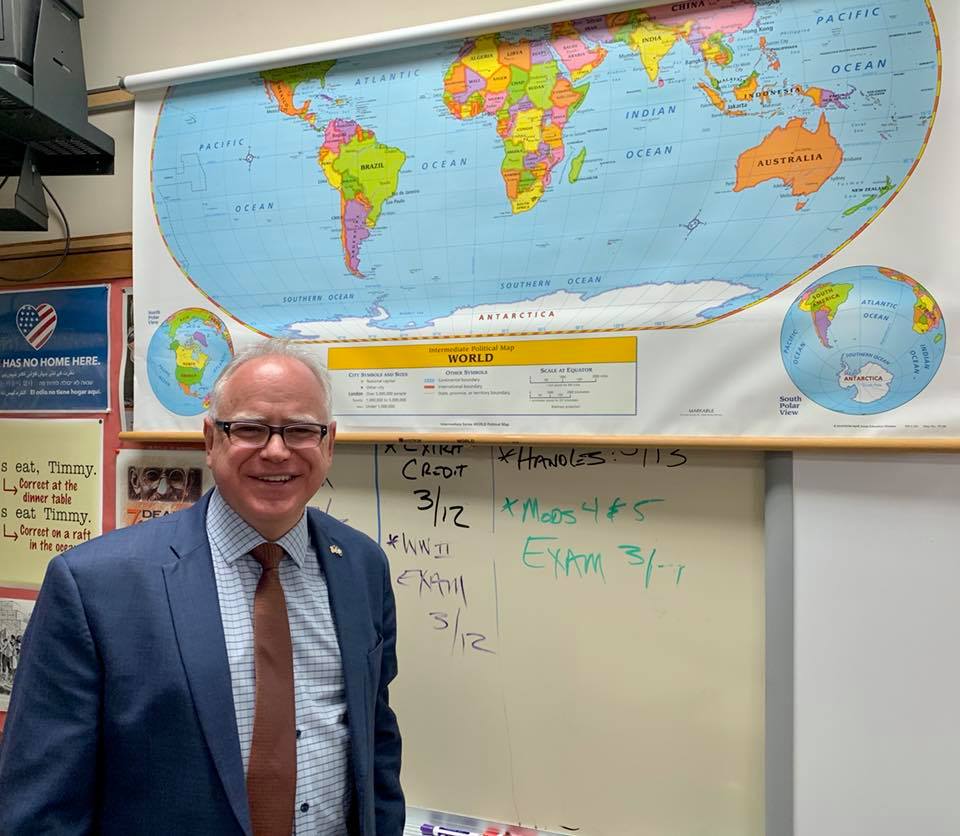
“He came in very outgoing, very gregarious,” former social studies teacher Pat Griffiths told The Post. “If there were 100 people in a room and 99 loved him, he would work on the one who didn’t until they did too.”
Another colleague told of a prank that a group of teachers played on Walz during his first semester there: They printed out a fake gift certificate for a free turkey as a bogus “welcome gift,” to be collected at a local grocery store.
Walz returned to school with the turkey.
In 2006, he won a seat in the U.S. House of Representatives, defeating a Republican incumbent in Minnesota’s rural First District, which typically leans Republican. He served six terms before being elected governor in 2018.
These days, Walz is widely known on the national stage for last year’s Minnesota Free School Meals law, which made school breakfast and lunch free for all students, regardless of income. It made Minnesota the fourth state to do so after California, Colorado and Maine. Currently, eight states offer free meals to all students.
At the time, Walz said the measure “puts us one step closer to making Minnesota the best state for kids to grow up.”
During debate on the bill in March 2023, state Sen. Steve Drazkowski, a Republican, questioned whether food insecurity was even an issue in the state, saying, “I have yet to meet a person in Minnesota that is hungry. I have yet to meet a person in Minnesota that says they don’t have access to enough food to eat.”
A video of his speech went viral, garnering nearly 8 million views on X and plenty of criticism from Republicans and Democrats alike.
Recent coverage suggests that though the program is popular and the state’s surplus helps keep it afloat, the free-meals program will cost more than expected: an extra $81 million over the next two years and $95 million in the two years after that.
Walz has also criticized education savings accounts, saying they don’t help rural areas. Support for these accounts, championed by conservatives, may have hurt Pennsylvania Gov. Josh Shapiro’s prospects to become Harris’ running mate.
A lifelong hunter, Walz shifted substantially on gun safety, moving from an “A” rating from the National Rifle Association in 2016 to endorsing an assault weapons ban after the 2018 mass shooting at Marjory Stoneman Douglas High School in Parkland, Fla. At the time, Walz said his then-17-year-old daughter asked him to do more on gun safety. He donated his NRA contributions to charity.
The move turned his rating to “straight F’s,” he said recently. “And I sleep just fine.”
On Tuesday, after word leaked about Harris picking Walz, gun safety activist and Parkland survivor David Hogg posted on X, “I’m smiling a mile wide right now.”
Extreme or Norman Rockwell?
Policies like these have earned Walz endorsements on the left — American Federation of Teachers President Randi Weingarten on Tuesday called him “an unabashed champion for public education, for educators and workers.”
It also doesn’t hurt that Mary Cathryn Ricker, Walz’s first state education commissioner, was a former AFT vice president. Before that, she led the St. Paul Federation of Teachers.
At Temple University Tuesday evening, Walz spoke of his 20-year career as a teacher and his wife’s 29-year tenure, saying, “Don’t ever underestimate teachers.”
Walz’s career nearly derailed when he was pulled over in a drunk driving incident as a 31-year-old teacher in Nebraska. As the Washington Post reported, he was stopped for driving 96 mph in a 55-mph zone. He failed a field sobriety test, but later pleaded guilty to reckless driving, a misdemeanor. He left the state in 1996, when he continued teaching and coaching football in Mankato.
Invoking his time as a coach there, Harris said he was a role model — on and off the field. She recounted the story of one of the first openly gay students at Walz’s school, who sought to start a gay-straight alliance “at a time when acceptance was difficult to find.”
Harris said Walz “knew the signal that it would send to have a football coach get involved. So he signed up to be the group’s faculty advisor. And as students have said, he made the school a safe place for everybody.”
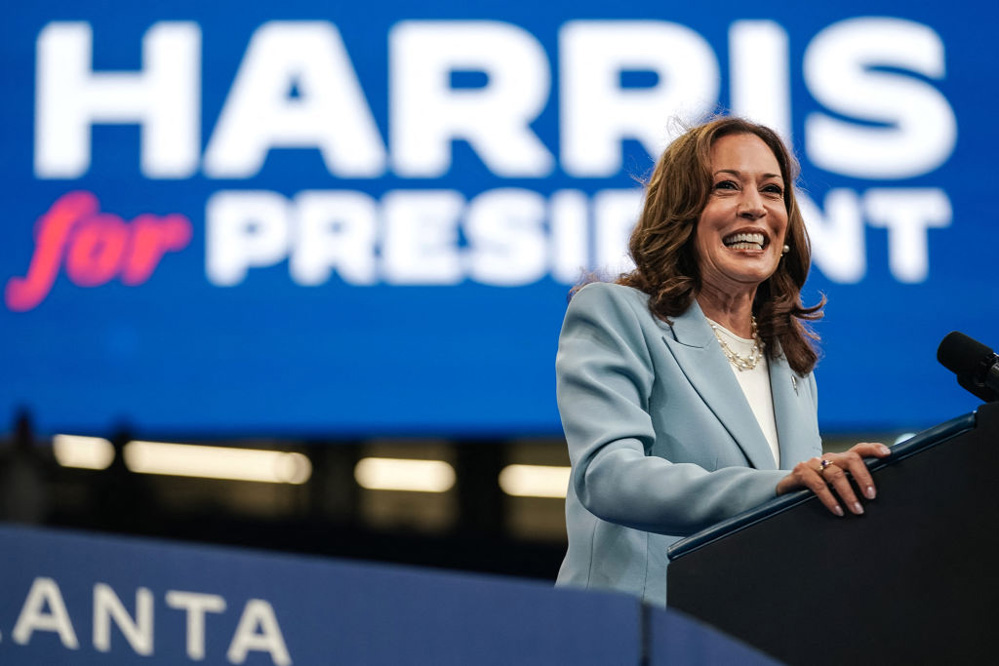
But in a tight race, Walz’s progressive credentials could spell trouble for Harris, said Rick Hess, director of education policy studies at the conservative American Enterprise Institute.
Hess called the Walz pick “an odd choice” in a race in which Harris already has teachers’ union backing but needs to shore up support among independents and conservatives. He suggested that Shapiro might have been a better match for those constituencies.
“You couldn’t get the NEA and AFT working any harder for Harris than they already are,” he said. “She’s already broken out ‘the full pander’ for them.”
Hess said Harris likely chose Walz as a “vibe pick” who suits midwesterners in style if not substance: “He looks like a big, burly high school football coach, assistant principal, kind of sensible guy from Middle America” who served in the military, “whereas Shapiro looks like an investment banker. Part of the calculation might be that that visual is worth plenty.”
Harris may also be trying to “buy herself a lot more leeway with the left so she can keep tacking back to the middle on issues — and the left will be happy because they feel like Walz is one of them.”
It’s possible centrists or moderates in battleground states will be swayed by Walz, Hess said, but his progressive policy solutions could stop them in their tracks. “The guy’s a high school teacher who has been in the National Guard for 20 years,” he said. “His politics are extreme, but his profile, his biography, is about as Norman Rockwell as you can get.”
That moment when you’re a union president, and find out that a teacher and union member is going to be the next vice-president.
— AFT (@AFTunion) August 6, 2024
We’re excited for former public school teacher & AFT member @Tim_Walz to join @KamalaHarris on the ballot this November!
📸@rweingarten #AFTvotes pic.twitter.com/5ZKQvzPUgY
But Chris Stewart, CEO of EdPost and an education blogger based in Minneapolis, said framing Walz in traditional political terms is misleading. Minnesota may be progressive, but it’s “not wild and crazy. We’re not San Francisco. … I don’t think people know how purple Minnesota can be,” he said of Prince’s home state.
Despite the divide, Stewart said, Walz has succeeded with a “very slim majority” in the state legislature.
But rather than judging Walz on a “left-right continuum,” he said, we should look at him as “just a better version of a great American Democrat. He is not left or right in the way that we traditionally think about things. He kind of breaks that binary.”
Get stories like these delivered straight to your inbox. Sign up for The 74 Newsletter

;)
